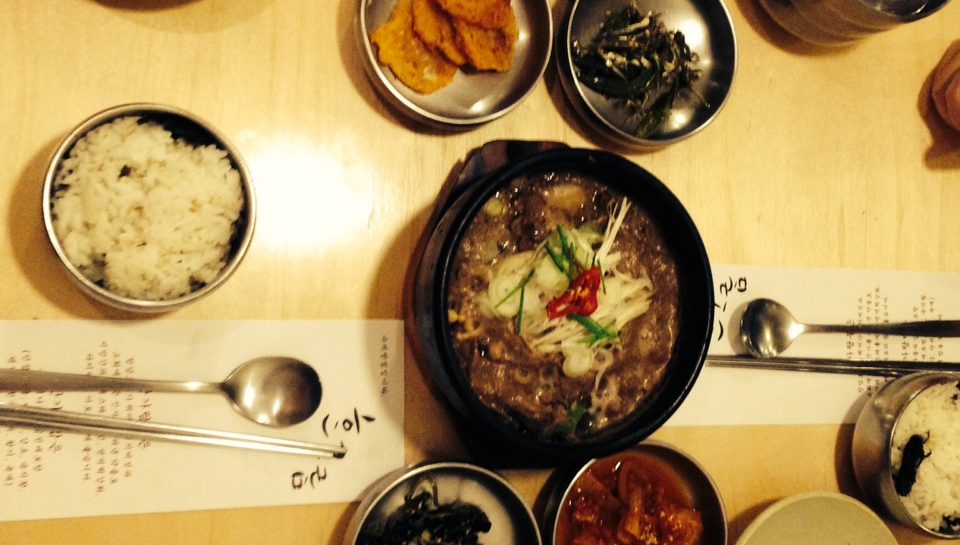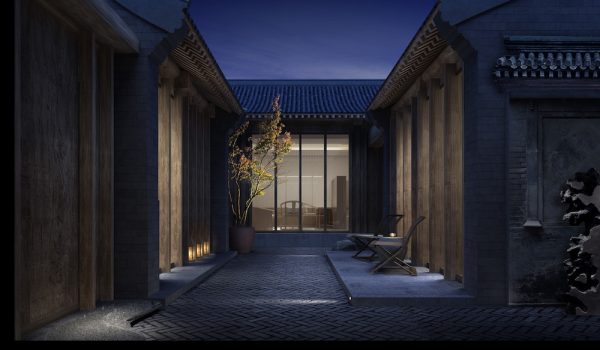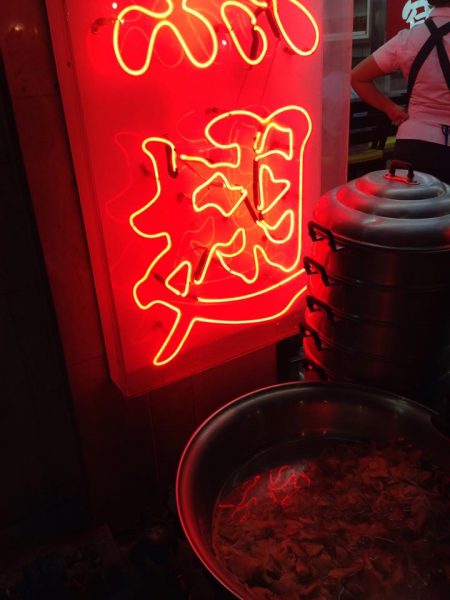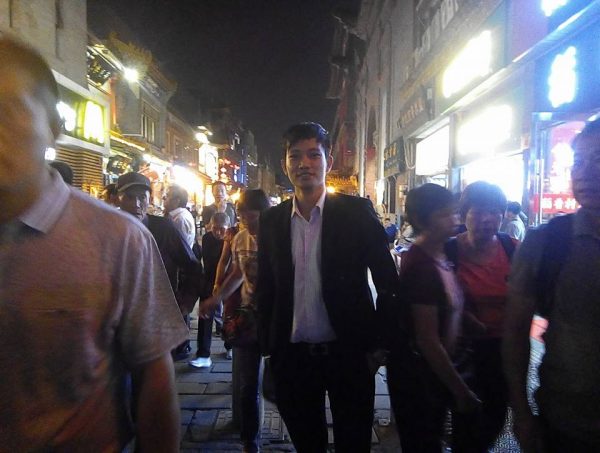
Beijing 2017

It seems like things don’t slow down much in China’s frenetic capital.

Already, the city is eyeing another Olympics bid (it’s one of two finalists for the 2022 Winter Games) and planning a $13 billion airport that is expected to be among the busiest in the world when it opens in 2019. And yet compared with China’s other vertical megacities, Beijing is still a traditionalist at heart. The city may have fantastic new sculptural monuments designed by Zaha Hadid and Rem Koolhaas, but to truly understand Beijing, one has to delve into the remaining hutong neighborhoods — traditional alleyways lined with courtyard homes — and smell the sweet potatoes roasting on coal fires in the winter.
In the new Beijing of star-architect towers and gleaming Porsches, the Lama Temple (also known as Yonghe Temple) stands as a reminder of a less material and more spiritual time. Built as a prince’s home in the 17th century, the complex was gradually transformed into a lamasery and is today one of the most active — and colorful — Buddhist temples in the city. Beijingers pray amid gnarled pine trees with burning joss sticks held aloft and shopping bags slung over wrists, while monks offer quiet blessings of beads brought by visitors in hidden corners. Outside the lovely gingko-lined entrance are shops crammed with Buddhist trinkets and incense, the sounds of Tibetan music floating down the street. Admission is 25 renminbi, or about $4 at the rate of 6 renminbi to the dollar.
Finally another Mandarin Oriental will open in 2018.
The Mandarinn hotel Group has announced that it will manage a luxury hotel project in the heart of Beijing, that is expected to open in 2018. Located in a traditional hutong quarter, close to Tiananmen Square, the hotel will provide guests with a rare opportunity to experience luxury living in traditional and authentic Beijing surroundings.
Mandarin Oriental Qianmen, Beijing is located within the Qianmen East Hutong Quarter which is undergoing a process of preservation and regeneration. Hutongs date back to the 13th century and comprise traditional courtyard houses connected by narrow lanes and alleyways. The architectural style of the Beijing courtyard is unique to the hutongs of the capital city. The hotel will be dispersed throughout the Qianmen East Hutong Quarter alongside privately owned traditional residences, retail outlets, restaurants, bars and cultural venues.
Mandarin Oriental Qianmen, Beijing will provide spacious and luxurious landscaped courtyard suites where guests will experience the charm of this traditional Beijing way of life within the labyrinth of alleys and lanes in one of the city’s oldest quarters.
The hotel will also feature a variety of dining venues within the hutong courtyards, including an all-day dining concept with a roof terrace, a Chinese restaurant, a lobby lounge, a traditional tea lounge and a signature Mandarin cake shop. The project will also have multi-purpose function rooms.
A Spa at Mandarin Oriental will provide holistic rejuvenation and relaxation in a serene setting. Additional leisure facilities include an indoor swimming pool and a well-equipped fitness centre.
Mandarin Oriental Qianmen is within easy walking distance of Beijing’s major tourist attractions including Tiananmen Square, the Forbidden City and the Temple of Heaven.

We had a great time.
About Mandarin Oriental Hotel Group
Mandarin Oriental Hotel Group is the award-winning owner and operator of some of the world’s most luxurious hotels, resorts and residences. Having grown from its Asian roots into a global brand, the Group now operates 30 hotels and eight residences in 20 countries and territories, with each property reflecting the Group’s oriental heritage and unique sense of place. Mandarin Oriental has a strong pipeline of hotels and residences under development, and is a member of the Jardine Matheson Group.


